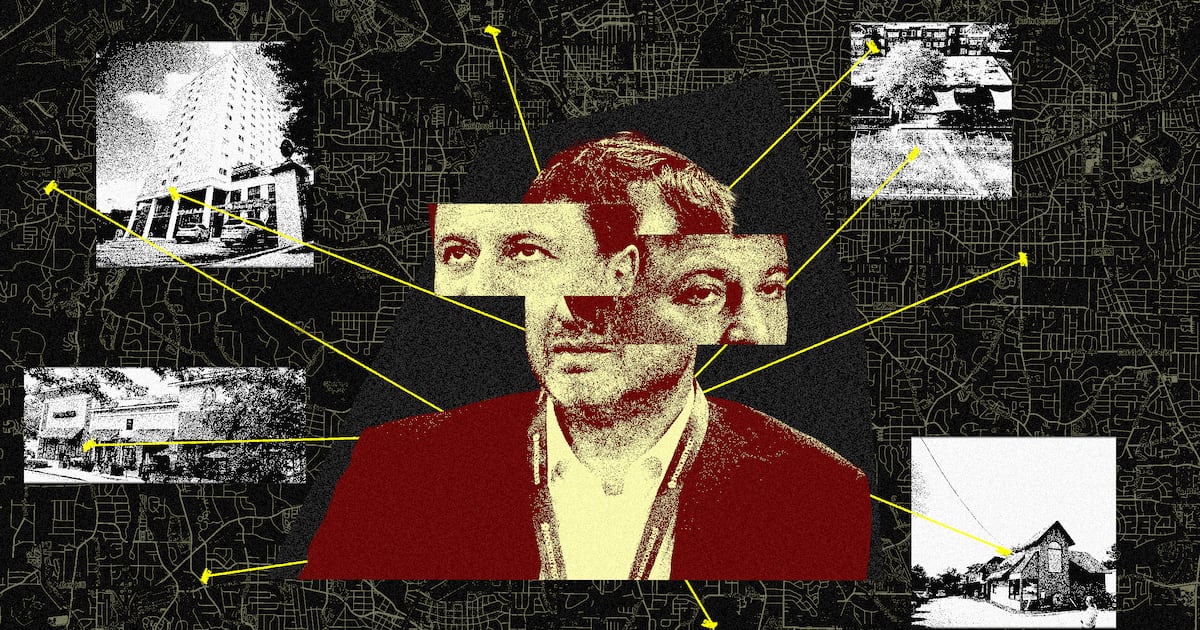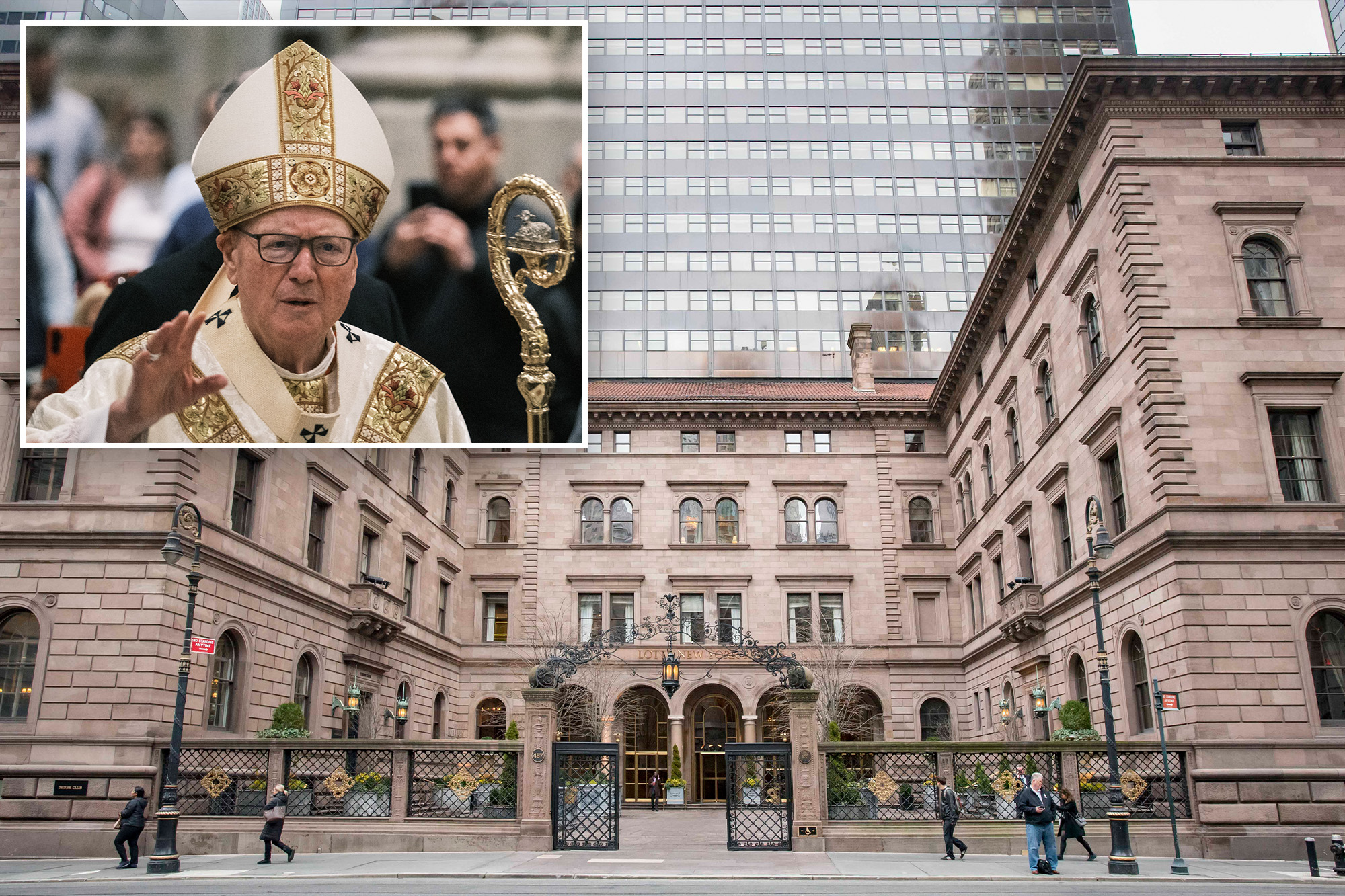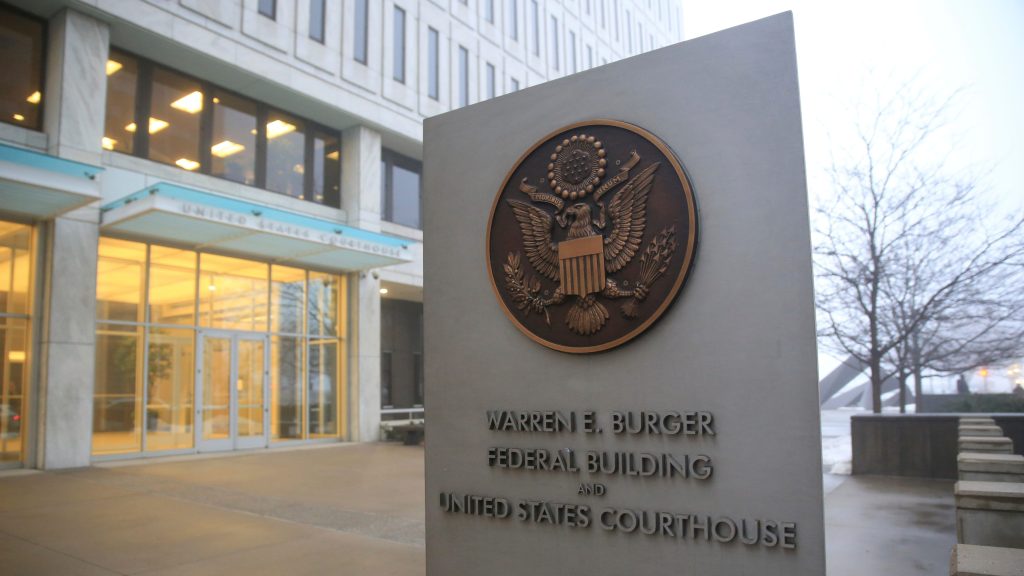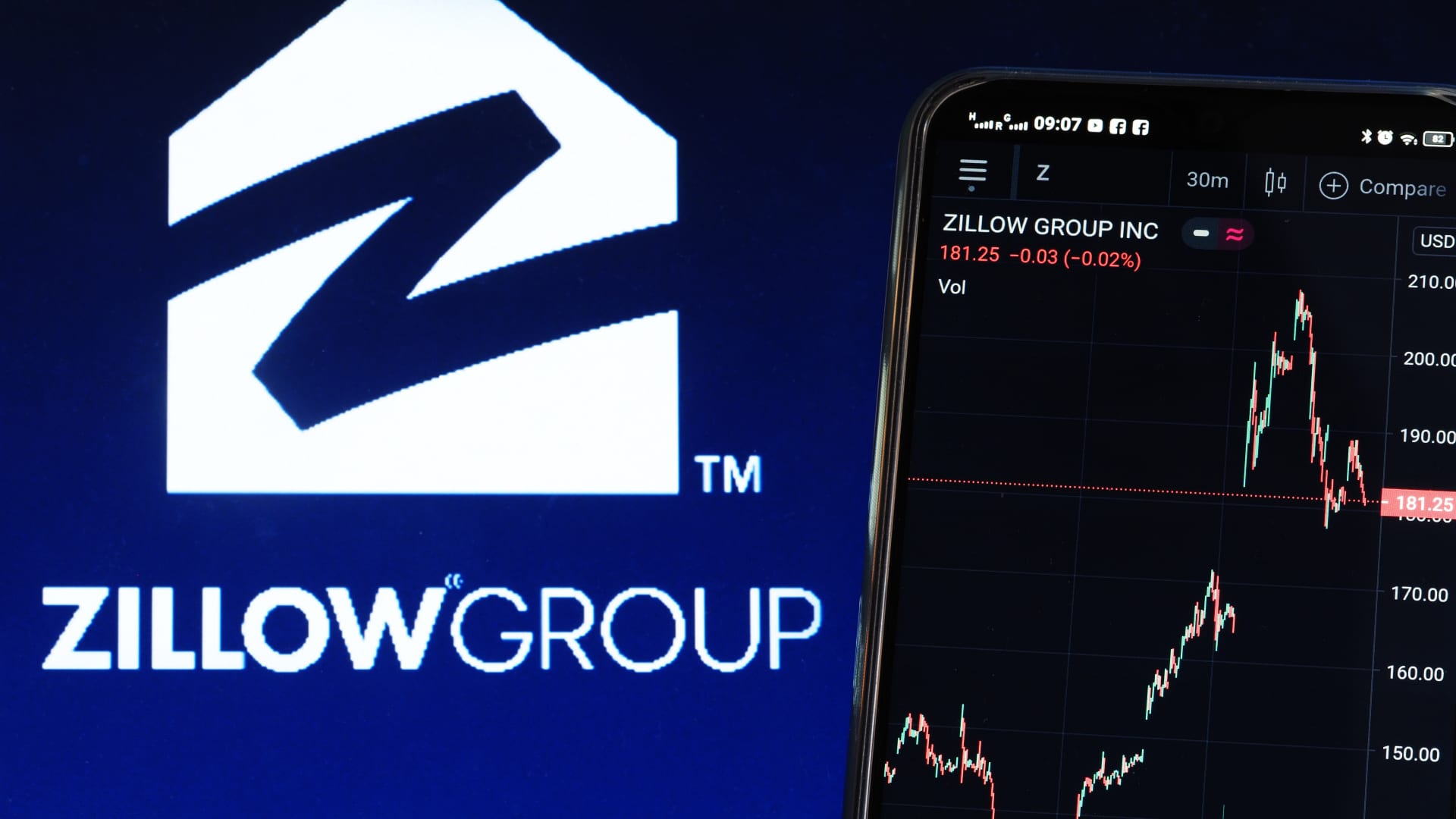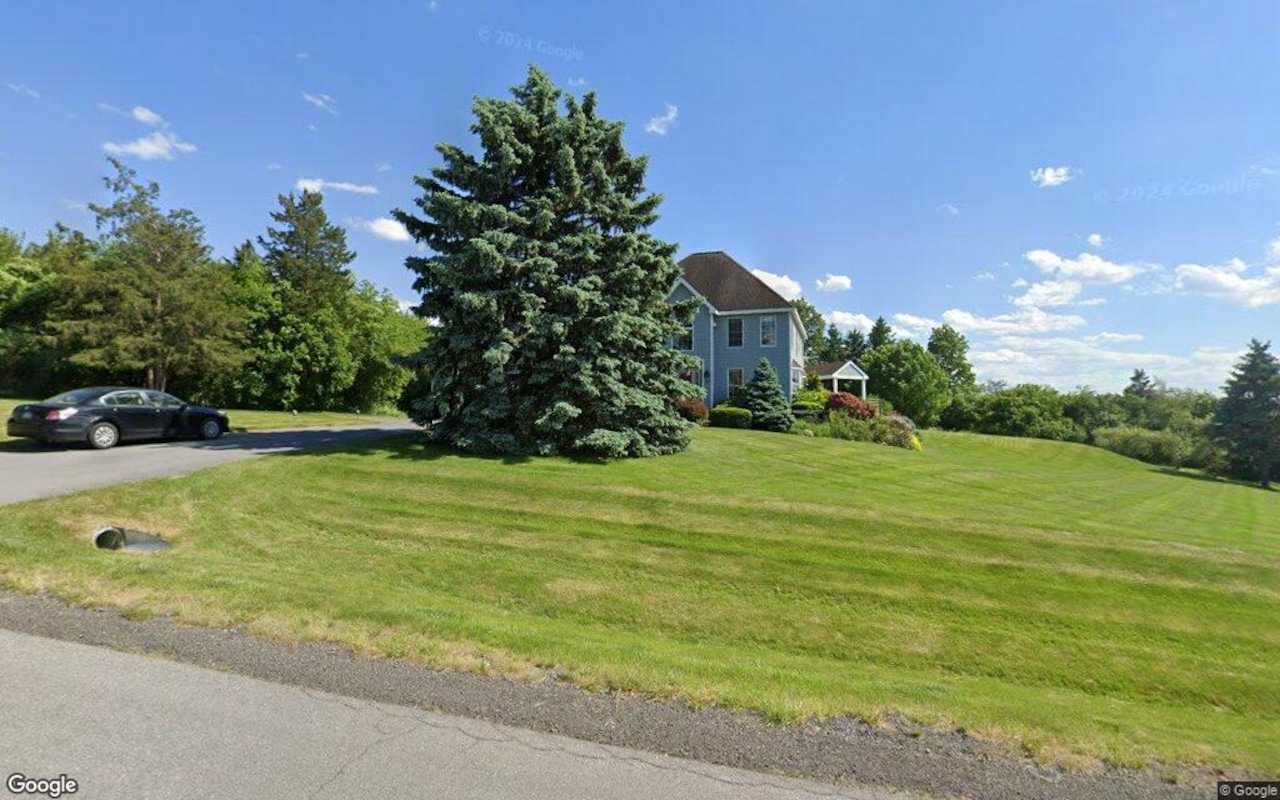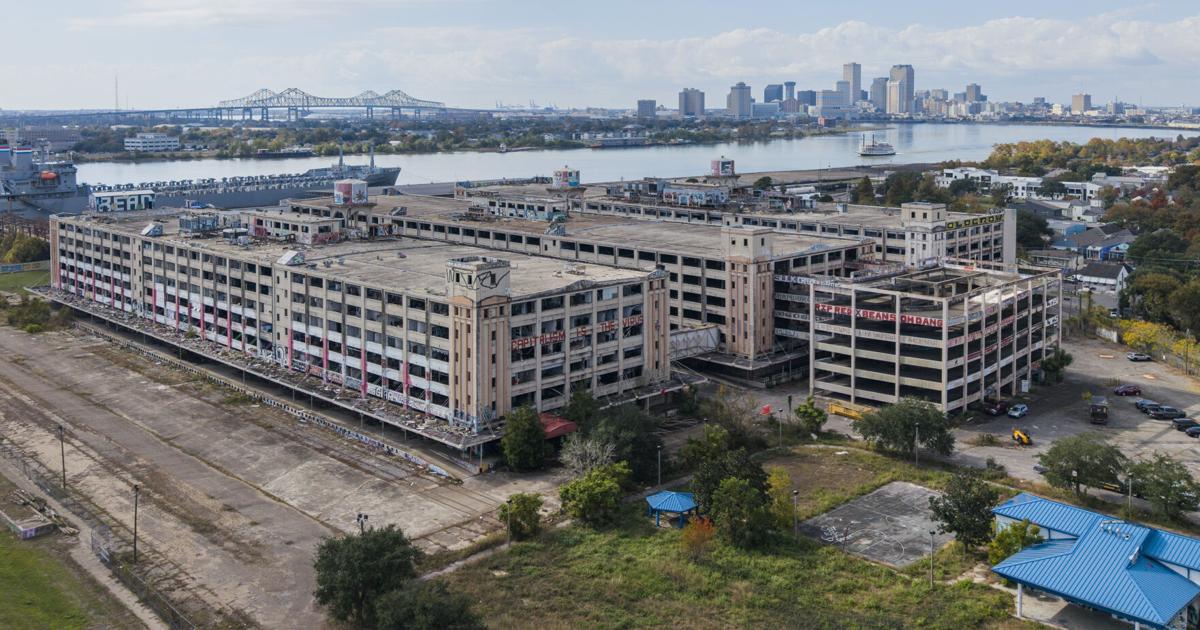S
ergey Khotimskiy, a Russian banker, poured more than $37 million into Atlanta’s real‑estate market over seven years, acquiring a range of properties from a Virginia‑Highland pub to a Buckhead nightclub, a church sanctuary, a health‑food store’s home, and an Alpharetta shopping center. His purchases were made through a network of LLCs, and many sellers—who claimed never to have met him—handed over the deals. After Khotimskiy was added to the U.S. Treasury’s sanctions list, the trail of ownership became murky, with little public record of how the properties changed hands.
In 2015, Khotimskiy spent $4.7 million to lease a well‑known Virginia‑Highland bar, followed by a $4 million purchase of a Buckhead nightclub space. He also invested $2.3 million in a converted movie‑theater church sanctuary on North Highland Avenue, $1.7 million in a Brookhaven health‑food store’s building, and $5.6 million in a nondescript Alpharetta shopping center that housed a Starbucks drive‑thru. Across Georgia, his and his affiliates’ total outlay exceeded $37 million, yet the chain of title remains largely undocumented.
Khotimskiy’s reach extended beyond Georgia. In South Carolina, he and other Russian banking executives bought homes and lots worth more than $22 million in the Hilton Head area, only to be sanctioned later. In Atlanta, he owned commercial space beneath a Peachtree Road condo that once housed a nightclub run by former Hawks guard Dennis Schröder. He also acquired a Brookhaven natural‑food store building for $1.7 million in 2016, a transaction described by the seller as swift and almost ghost‑like.
Investigators pieced together Khotimskiy’s activities by combing public records—property deeds, LLC filings, court documents, visa applications, bank regulatory filings, foreign‑agent disclosures, code‑enforcement records, health inspections, congressional legislation, Russian press articles, judgments, and lawsuits. In Georgia, reporters interviewed sellers and tenants who had dealt with Khotimskiy’s LLCs. They also consulted experts on corporate transparency, the Russian economy, and former officials involved in enforcing economic sanctions, and reviewed alerts from U.S. and foreign sanctions authorities.
The story was compiled by The Atlanta Journal‑Constitution, The Post and Courier of South Carolina, the independent Russian outlet iStories, and freelance journalist John Dell’Osso. It highlights how a sanctioned individual can still move large sums through opaque real‑estate transactions, leaving a trail that is difficult to trace and often relies on fragmented public records and reluctant witnesses.
